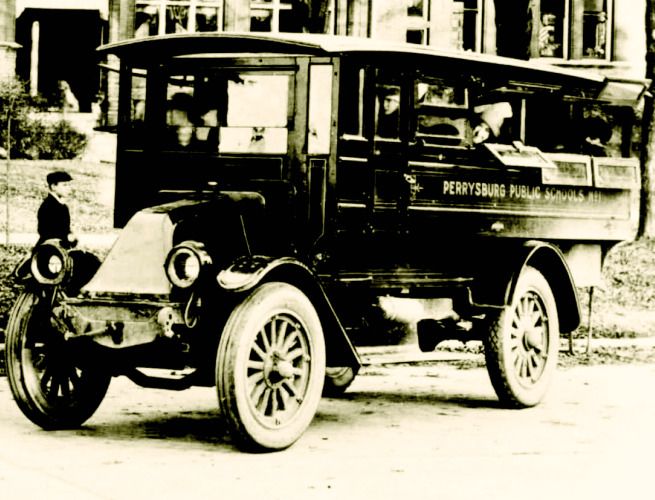
Teachers in Quarantine, a History
The term “unprecedented” is often used to describe our current situation, with schools closing well beyond a day or two of heavy snow or impending winds and rains, with teachers trying to figure out what to do in the meantime, for their own families and for their regular students. But after sifting through old historical documents over the weekend, nerd that I am, I wanted to share a little bit of information, particularly for teachers who feel like they’re still scrambling, still stressed and concerned about how to deal with everything, especially as many of us are attempting to set up remote instruction. Everything you read below was pulled from an afternoon of meandering through the 1918 Journal of Education, available here (https://bit.ly/2JaFuKg).
If you’re still with me, let’s roll back the clock and look at 1918, at the close of World War I toward the end of that year. At the time Germany agreed to effectively end all combat operations on November 11, the world and our nation was already at war with another enemy, one that had no alliances and no limitations, a viral enemy that first attacked American army bases, killing hundreds, then thousands, then spread out, into towns, and cities, and homes across the country. In an effort to curtail any further spread of this so-called Spanish Influenza, schools let out for weeks, with “low estimates” of a month at least, different and incremental quarantines almost identical to the kind of shifting sand we see today, one hundred years later in 2020.
To their credit, almost every state in the country made a commitment to pay their teachers for “lost time” because it was “entitled” to those with enforced inactivity. Some states went so far as to pay their bus drivers, if you can believe it (below is what a 1918 school bus would have looked like). Other states were a little more stuffy, like Utah, Nebraska, and Alabama, arguing that there was no legal obligation to pay their teachers as a result of the virus, that each district could work it out on their own. Ugh.
During that time, a number of older students went off to work, to this job or that, with teachers understandably concerned that it would be near impossible to pull them back to school once they entered the work force, earning their own income in a post-war society. Also during that time, a number of professors, and teachers, and school administrators lost their lives to the same flu, leaving their school families distraught, not only scrambling to educate, but to reassure.
But it wasn’t all heartbreak and hopelessness.
In Michigan and Massachusetts, teachers were released from their duties intentionally, so as to assist with the state Board of Health, to make calls, to reach out to families “needing medical aid and nursing care, food, or material assistance” becoming a liaison between children and hospitals.
In Oklahoma, teachers were said to have “devoted themselves entirely to public service” participating in local drives and state loan campaigns.
In Connecticut, one of the superintendents set up a “system of homework” with “complete directions and outlines,” with work to be sent in for review by the teachers, a period that extended slightly longer than the reopening of school, to allow students a chance to catch up on things that had been assigned at a distance. And remember, this was 1918.
In one particularly funny article, fearing those impending “make up” weeks would ruin Christmas, the writer suggested that teachers cut down on some of their social studies lessons, saying, “Knock out all that is useless in the curriculum. Rome is 753 years old.”
At a time when we have enormous resources and enormous reach, digitally speaking, we are just as strong and capable and filled with humor as the generations that came before us. More so. It all might seem a bit strange, as it probably should, but we are by no means in uncharted waters.
We’ve been here before. And what we do, now, in this situation, will determine what they say and write about us, in the annals of history, when future teachers look back at 2020.
Stay safe, stay healthy, stay happy. And pass it on.

The Evolution of Learning to Deal
